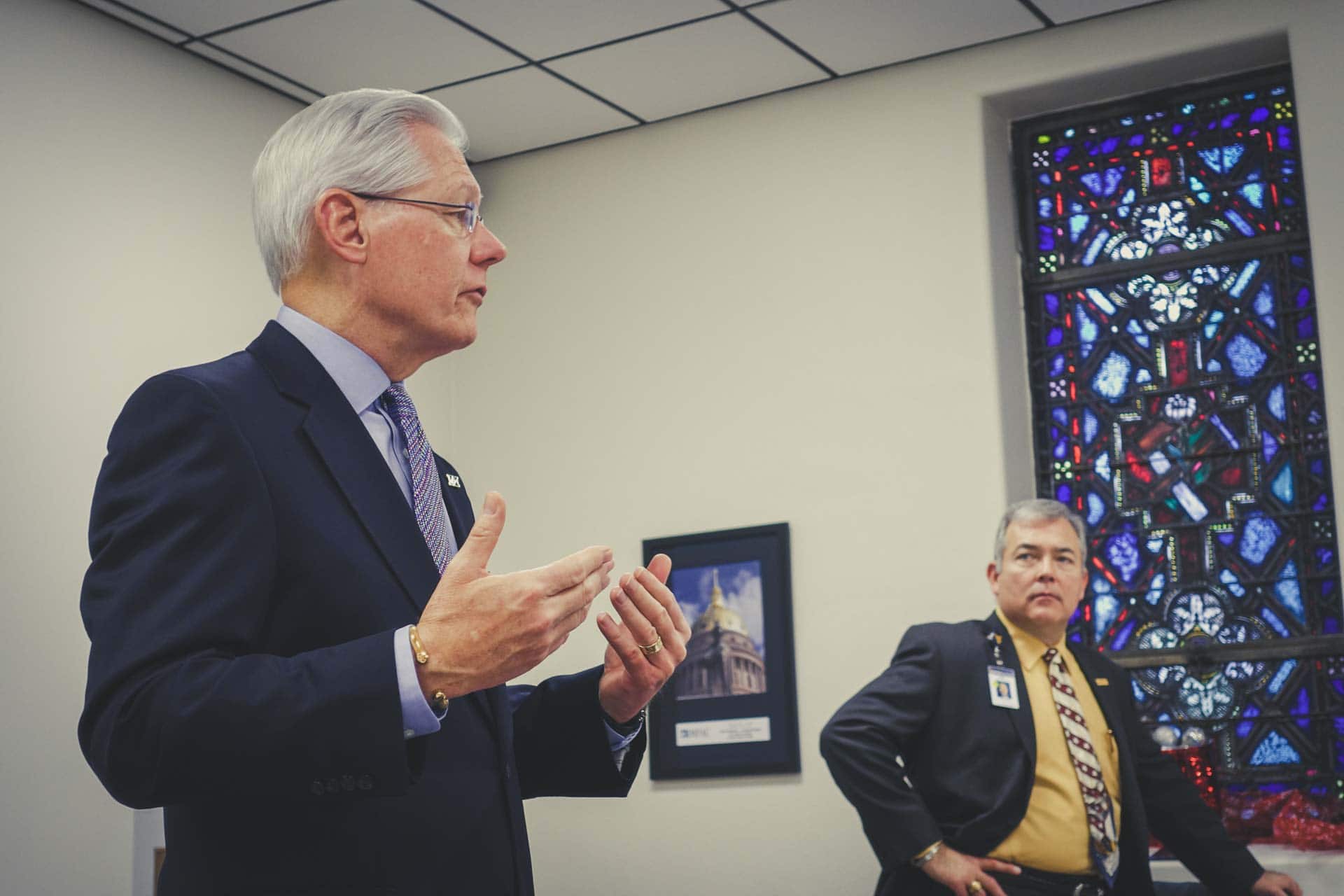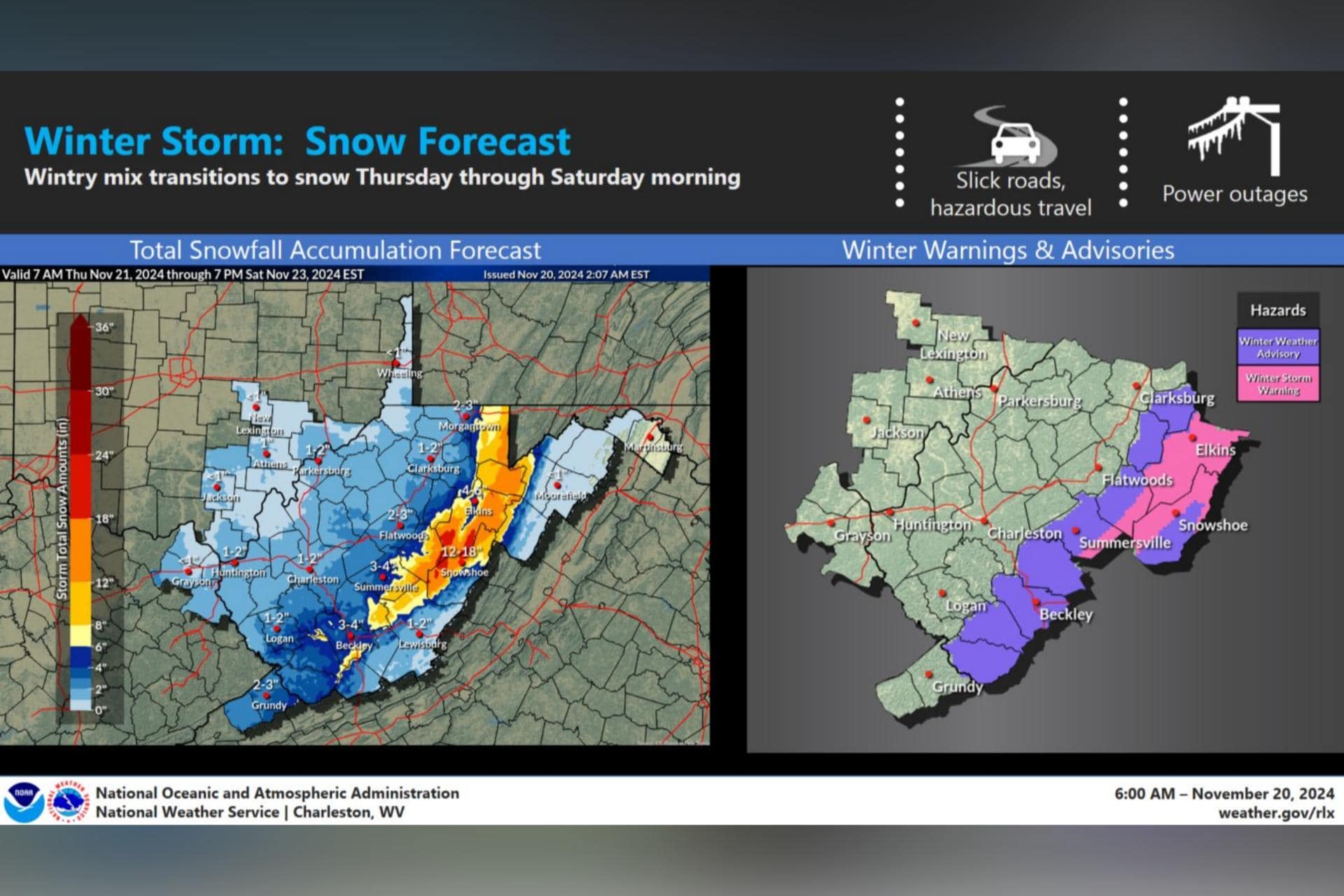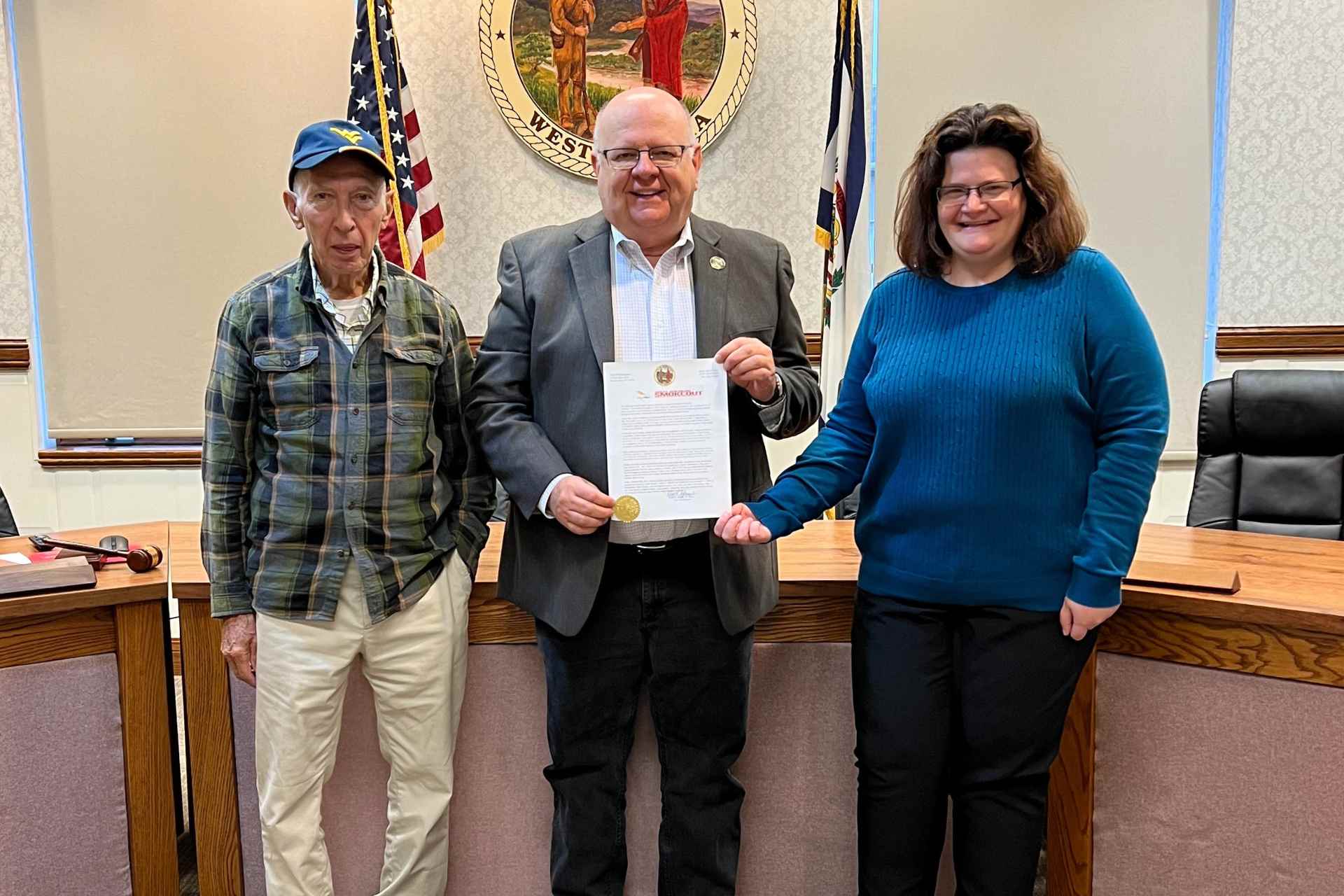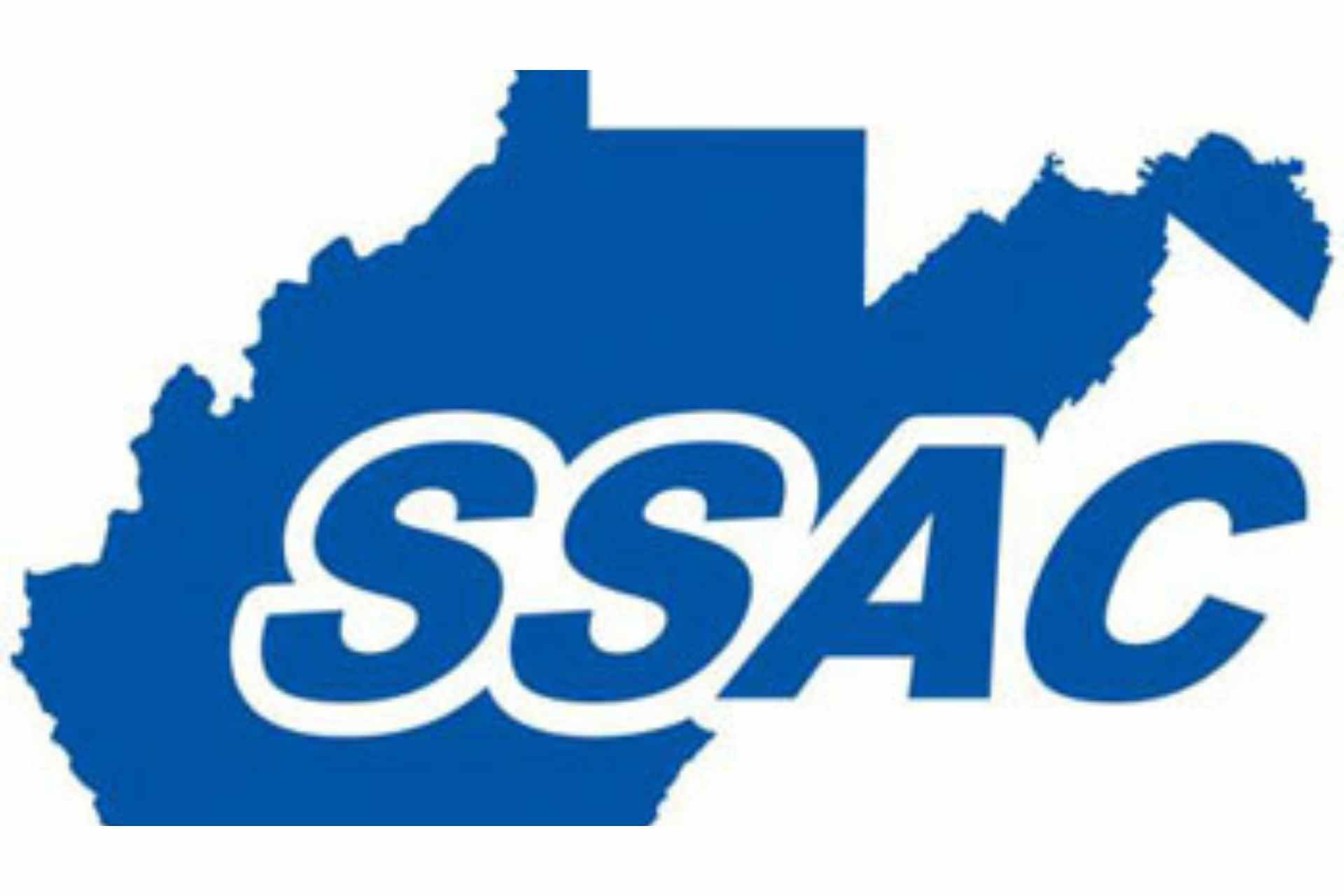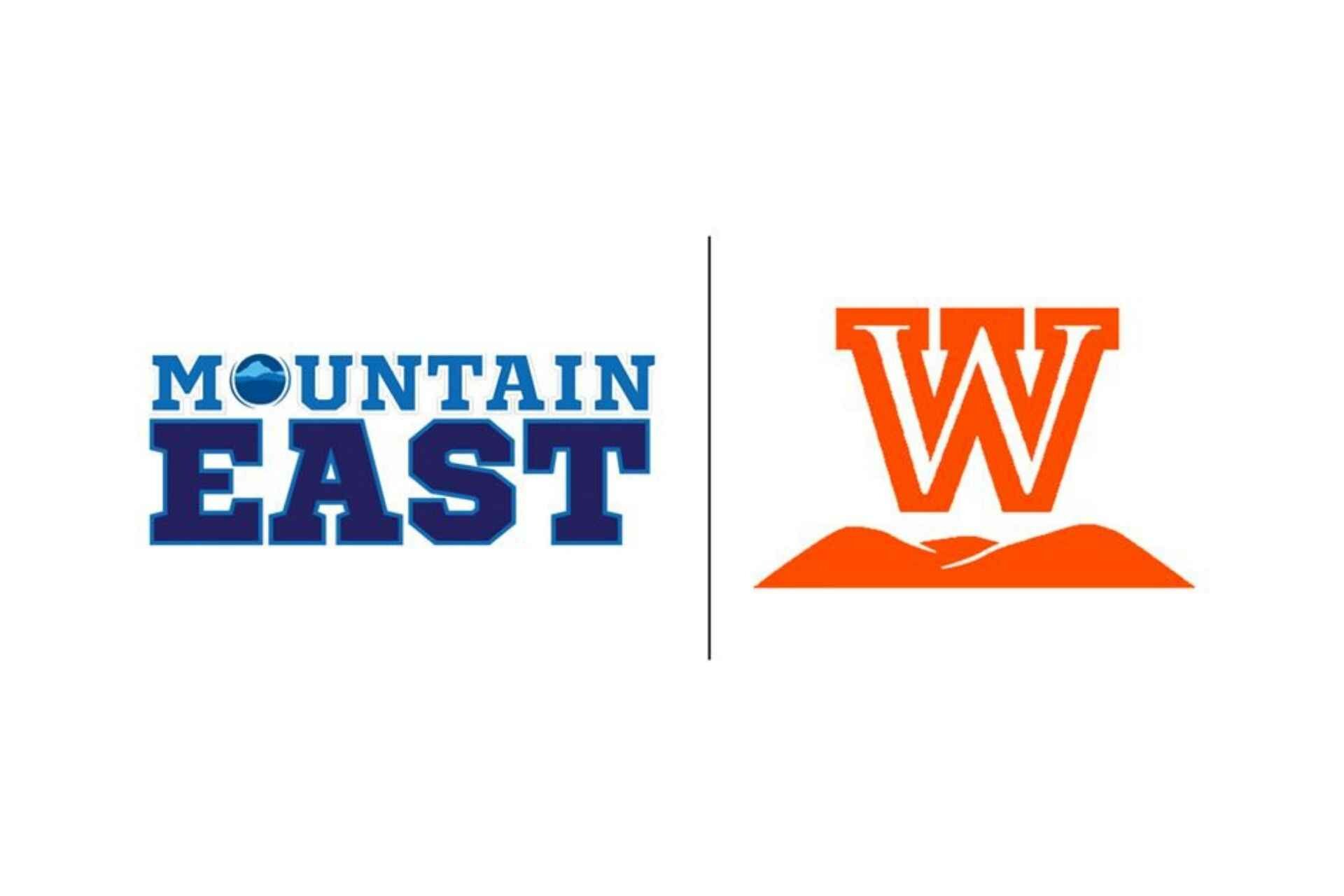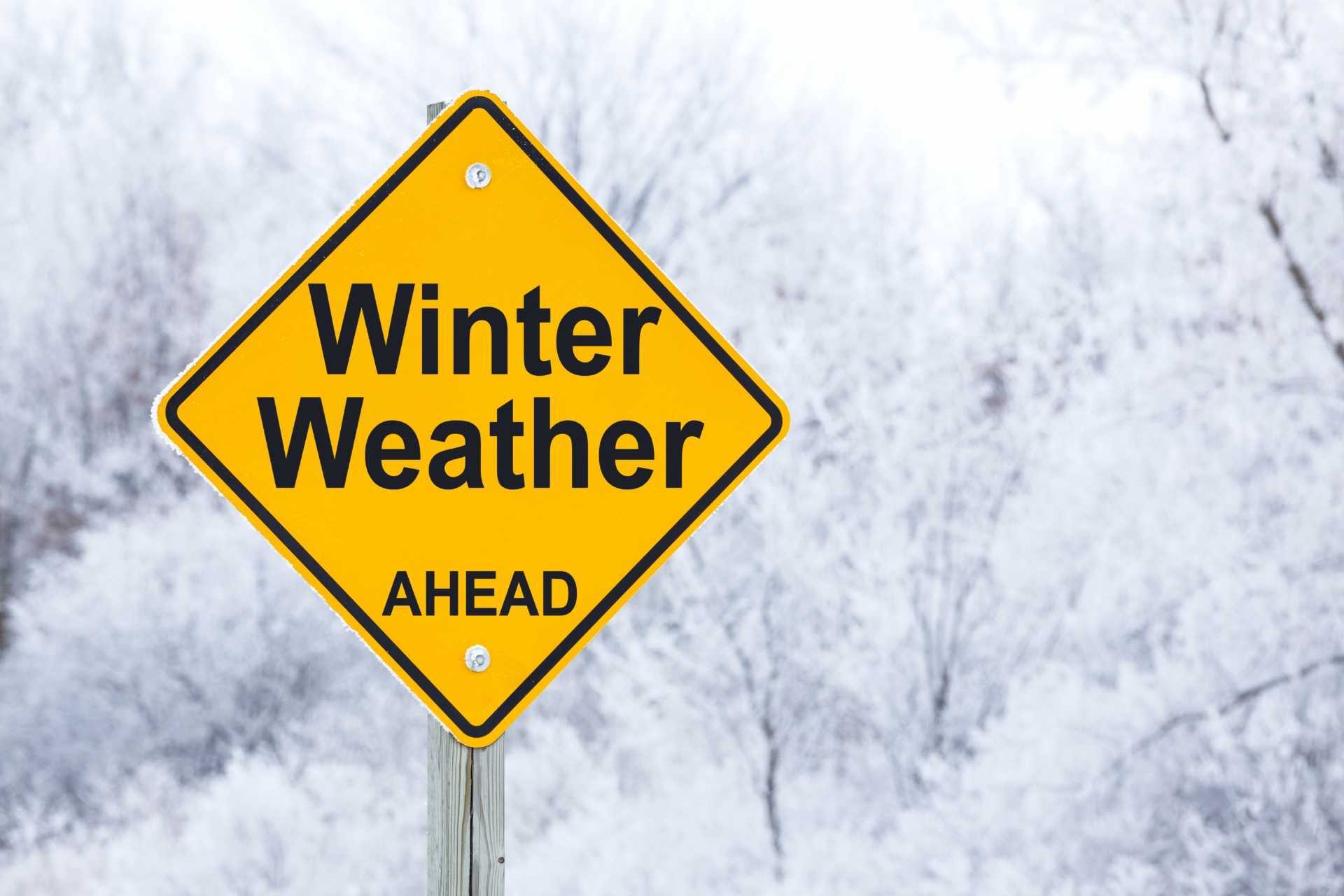St. Joseph’s Hospital hosted the West Virginia Hospital Association and local legislators last week for a presentation on priorities in the upcoming legislative session.
WVHA president Joe Letnaunchyn presented a balanced agenda to the 2020 session. He focused on improving parts of the healthcare system (such as surprise billing, education and telemedicine); maintaining others (like Medicaid and PEIA payments); and protecting local hospitals from out-of-state interests (by keeping the Certificate of Need regulatory process).
“If you look at our hospitals, we’re among the top employers in the state,” Letnaunchyn said. “In fact, WVU Medicine is the largest private employer in this state.”
West Virginia hospitals employ nearly 46,000 people and support billions of dollars in economic activity, he noted.
“These are good jobs,” Letnaunchyn said. “These are jobs that touch the lives of patients. They are not outsourced. They are in West Virginia. We’re the real deal from an employer perspective, and we’re a vital part of the infrastructure in the state.”
Certificates of Need
One item that could become contentious in the upcoming legislative session revolves around Certificates of Need, which are required before healthcare providers can expand services or build new facilities in West Virginia.
In response to a question by Del. Patrick Martin (R-Lewis), Letnaunchyn said maintaining the Certificate of Need program is a priority for West Virginia hospitals.
“Our approach right now is that if a repeal bill comes out, we will be opposing it, and it may become our key issue,” Letnaunchyn told Martin. “I hate to say we’ll become a one-issue association, but that’s a core, core issue for us.”
According to Letnaunchyn, the Certificate of Need program helps protect local hospitals from out-of-state interests who could otherwise come into West Virginia and provide care to only the highest paying patients.
“I know there are discussions going on within some factions of the legislature about getting rid of CON,” Letnaunchyn said. “We think that’s being driven by outside parties with outside money.”
“They would cherry pick,” he continued. “They would treat the commercially insured patients that pay more than the public patients – Medicare, Medicare and PEIA – and then they would make referrals back out-of-state to their other hospitals.”
The issue with removing commercially insured patients, Letnauchyn explained, is that hospitals have no negotiating ability with public insurers.
“They make up about 70-75% of the total patients that come in the door of a hospital,” Letnauchyn said of Medicare, Medicare and PEIA patients. “The problem with that 75% is, we don’t have any negotiating ability with our services, because Medicare tells us what they’re going to pay, Medicaid tells us and PEIA tells us. It’s a flat rate … So that kind of takes the free market out of health care.”
Surprise Billing
One item of interest to the general public is surprise billing, which is when you are treated in a hospital and think your bill will be covered by insurance, but some part is not because a specific provider is not part of your insurance network.
Letnaunchyn gave the example of when you must be treated by a certain specialist as part of your broader care during an emergency.
“They come in and say, ‘I’m the specialist. Oh, I don’t accept your insurance, and my services were $5,000. So I send you a bill for $5,000, because I’m not in the network, I’m not covered by your insurance,’” Letnaunchyn said.
Patients can then submit that bill to their insurance company, which might cover part of it, but ultimately it’s up to the patient to negotiate and pay for those services.
“What this would do is take the patient out of the middle,” Letnaunchyn said of the WVHA’s proposal. “It would allow the physician to work with the insurance company and negotiate, either through arbitration or mediation, a payment amount for the services that he or she provides, probably close to what the network amount would be.”
Telemedicine
As technology continues to advance, more healthcare needs can be addressed remotely, as was the case when local resident Don Nestor was being treated for an infection, as detailed in this story.
During last week’s meeting, Nestor again touted the benefits of telemedicine and electronic records, saying he has been able to seamlessly transition between providers while receiving treatment for his foot.
This can be a big benefit for rural areas, but doctors need to be fairly compensated when offering remote care, Letnaunchyn said. The WVHA supports legislation to obtain full private payer parity on payment and coverage for telemedicine services.
“It would basically be the same for a rural patient who couldn’t get to see the primary care physician,” he said. “If the patient could talk to a physician electronically, and the physician could treat them, then they would get paid for the service and it would be covered. Rather than the insurance company saying, ‘Nope, if you’re not sitting there with the physician face-to-face, we’re not going to cover it.’”
Healthcare Education
“What we’re finding is that nursing schools are turning away applications because they don’t have the faculty,” Letnaunchyn said. “We can’t get enough nurse educators, because the pay is so low.”
In many cases, nurses can make twice the salary working in hospitals than they can as educators.
“There are hundreds – hundreds – of slots open in hospitals right now that we can’t hire nurses,” Letnaunchyn said. “We’re looking at ways to find the ability to hire more nurse educators so we can get more nurses through nursing school.”
Due to the lack of nurses, hospitals have turned to traveling nurse programs that bring in nurses from metro areas like Philadelphia or Detroit on a temporary basis.
“If we can have adequate funding of nursing education programs, then we can hire more educators and raise their salary a little bit and get more students through nursing programs,” Letnaunchyn said. “Then we think we can fill the void in nursing… This isn’t a budget buster, this is just some money to get nursing programs expanded throughout the state.”
Involuntary Hospitalization
Say a patient, Joe, comes into a hospital at 2 a.m. Saturday morning, threatening harm to himself and others, or perhaps as an overdose patient. On the advice of a physician, that person can be involuntary hospitalized – but the hospital must also get approval from a mental hygiene commissioner or a judge.
“Based on the physician’s diagnosis in the emergency department, Joe needs care,” Letnaunchyn said. “Well, at 2 o’clock in the morning we might not get through to the magistrate, or to the mental hygiene commissioner or to the circuit court judge.”
That can result in delays in treatment.
“What this bill would say is that the physician can initiate care for Joe, do whatever the physician thinks I need based on the determination that I have some mental health issues,” Letnaunchyn said. “Meanwhile, staff is trying to contact the commissioners [or judges] … We’re just trying to address gaps that are in the system right now that will give us the ability to treat the patient.”
Modernizing Hospital Boards
Currently, state law requires at least 40% of non-profit hospital boards be composed of “an equal portion of consumer representatives: small business, organized labor, elderly persons and persons whose income is less than the medium income.”
The WVHA supports legislation to loosen those requirements.
“We believe a more modernized way would be to minimize or eliminate this requirement and allow a local community to have on its board the representation that they think is best for their community, rather than have a fill-the-slots with different positions,” Letnaunchyn said, “In some cases, it’s hard to find people to meet these requirements.”
Medicaid/PEIA
“Medicaid always comes up, not because we’re looking for more money; it’s to preserve the payments that we have in the Medicaid budget,” Letnaunchyn told legislators.
He noted that for every $1 the state spends on Medicaid, it gets $3 back from the federal government. When combined with a 2.5 percent tax paid by hospitals, that results in $500 million for healthcare in the state.
But public insurers pay less than cost for care, and West Virginia hospitals want to ensure those levels don’t drop even further.
“Medicaid pays about 70 cents on the dollar of cost,” Letnaunchyn said. “PEIA pays less, so that’s why we want to preserve what we have. We’re not coming looking for more, we want to preserve what we have.”
Billing Transparency
Local resident Keith Buchanan asked about the WVHA’s stance on price transparency, a topic currently being debated at the national level.
Letnaunchyn said because of the wide variation in insurance plans, deductibles, co-pays, etc., hospitals feel insurance companies offer the best mechanism for providing that information to patients.
“If I’m going to have gall bladder surgery, I want to know what it’s going to cost me, and we think the insurance company is the one that can tell us that, not the hospital,” Letnaunchyn said. “You might have coverage, you might have dual coverage, you might still be working but have a supplemental plan, you might have a spouse who is working and then you have coordination of benefits. The insurance companies know that. We don’t. We’re not opposed to transparency, we’re just saying take us out of the process.”
When it comes to negotiated rates – what private insurance companies actually pay the hospital for services – Letnaunchyn said the WVHA feels that is proprietary information that should be exempt from disclosure, noting hospitals might not want to tip their hand to competitors or other insurance companies when they’ve negotiated a good price with a vendor.
